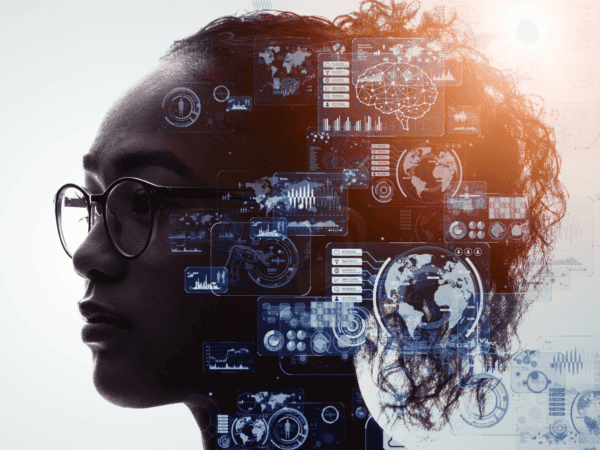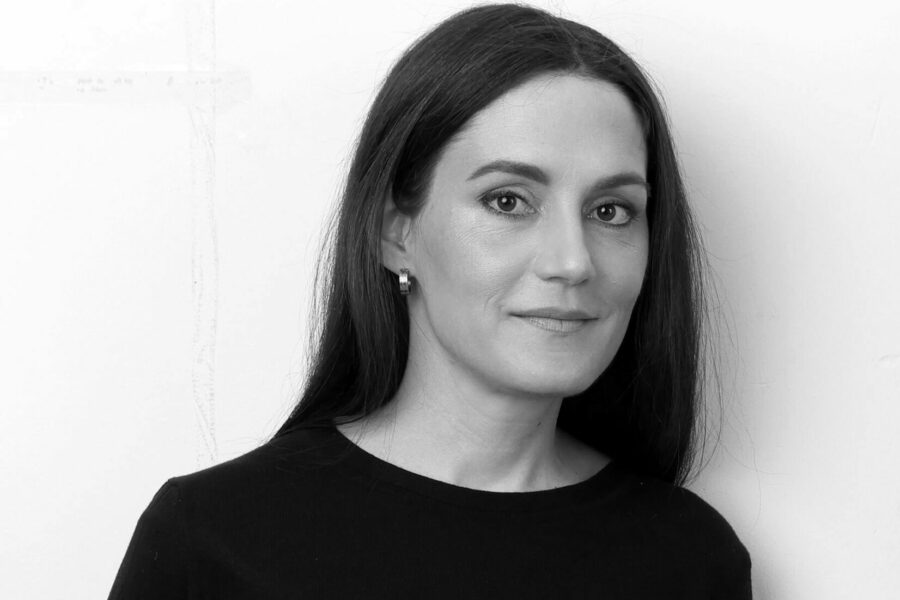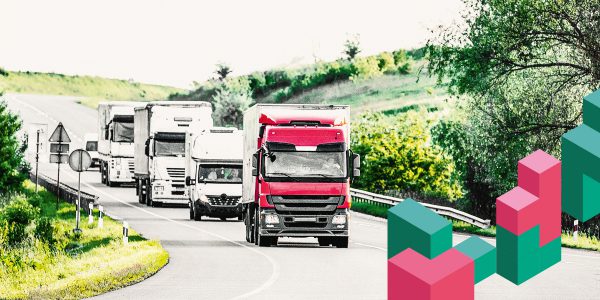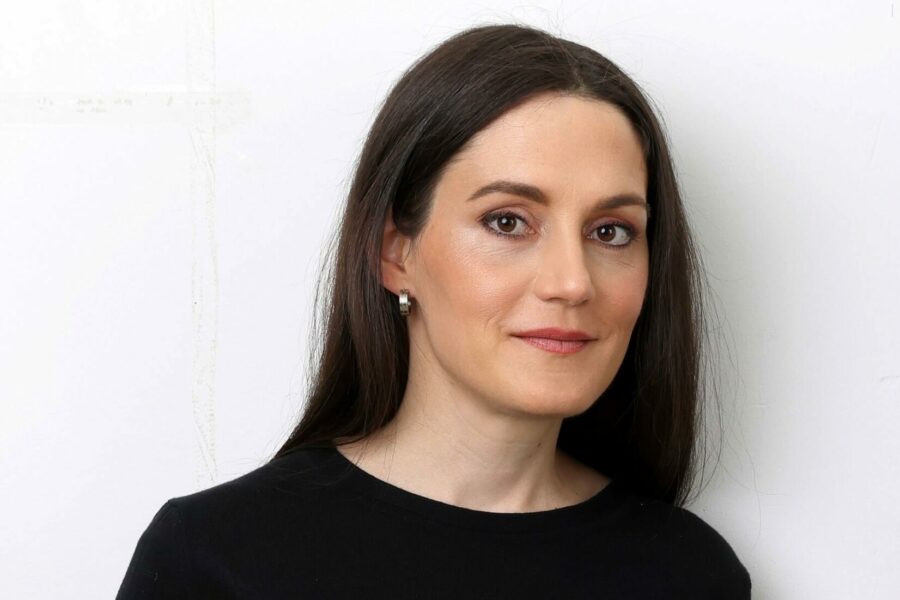
Artificial intelligence (AI) is gaining more and more ground in international companies. Verena Fink, Founder and Managing Partner of the consultancy Woodpecker Finch in Cologne, as well as a Member of the Advisory Board at the Californian IT service provider DocuSign Inc, speaks with Janice Köser, Manager of the Academy at Staufen AG, about this development. She is an expert in digital transformation in marketing and sales and knows the opportunities and risks that AI offers.
Not everyone seizes the opportunity for change

While some companies are using the inevitable boost to digitization in Germany provided by the pandemic as an opportunity for change, others remain hesitant: medium-sized companies in particular often choose not to seize the opportunity. Verena Fink can understand this reflex: “When times are uncertain, as they are right now, and when budgets are tight, many tend to rely on what has worked in the past rather than take a risk and try something new.”
But she believes that it is worthwhile for medium-sized companies to invest in AI: “As the world becomes increasingly complex and customers less and less tangible, we risk losing our connection. In some companies, however, it is not just the money that is holding back an investment: Some executives fear that AI analyses might not match their opinions and feelings, or that it might limit their scope for decision-making.
Humans remain irreplaceable
Since AI must always be directed and guided by experienced humans, fear is not necessary. AI only ever works with data, whereas humans are capable of empathy and understanding human nature. These points often lead to situations being evaluated differently than according to simple data and figures. AI must also be externally supplied with parameters.
There is founded and unfounded fear of AI

Everything that people are not familiar with initially seems threatening to them. Verena Fink does not see AI as a threat to jobs. Although there will be structural shifts between the sectors of the economy, many skilled workers will be needed, especially at the interface between humans and machine, and the service segment will also become stronger.
Verena Fink sees AI as a positive development: “Not only because it is faster, but because it can still handle data in quantities that are over our heads. And that helps us allocate things, select alternatives, make recommendations, and prioritize and structure resources.” With AI support, it is easier to identify trends and patterns.
But the expert also cites an example of well-founded fear: “What if we don’t know exactly what data the AI uses to arrive at its assessment?” She describes how, for example, errors can occur during pre-selection in the job application process because the algorithm is trained with data that ensures that certain groups of people are not initially shortlisted. Laws must be adapted regarding artificial intelligence so that discrimination does not occur.
“Artificial Intelligence in Human Resources”
Verena Fink has incorporated her experiences into the book “Künstliche Intelligenz in der Personalarbeit” (Artificial Intelligence in Human Resources). In it, she points out that in a field as young as AI, ethical and moral questions must be raised and answered. “I also write about the interaction of artificial intelligence and human cooperation,” she explains. “How can we design it to make work more satisfying for people? And how do we deal with cultural change?” In addition, she introduces tools that work with AI and explores the extent to which they actually serve the business and the workforce.
AI is young but inevitable
Artificial intelligence has just outgrown its infancy. Nevertheless, progress is already quite amazing. Consequently, those who make use of it will have a decisive advantage over those who oppose it. Verena Fink is one of those experts who want to ensure that AI is more widely accepted by companies in Europe. To achieve this, she gives talks, and works as an author and a lecturer, illustrating her knowledge with easy-to-understand examples from the respective industry. Because only if both the opportunities and the risks of AI are known can the latter be eliminated so that the potential of the technology can unfold for the benefit of the company and the workforce alike.
Moderation

Janice Köser
Manager Academy
STAUFEN.AG
Guest

Verena Fink
Founder and Managing Partner
Woodpecker Finch GmbH
MORE ON THE TOPIC Digitization and Artificial Intelligence

Carrypicker – Artificial intelligence instead of trucker romanticism
In the logistics industry, supply chains are still often created by hand. the casual charm of the trucker world can be particularly tenacious in commericial transport. A start-up from Hamburg is now shaking up the scene by employing artificial intelligence (AI) to ideally distribute and control goods.
Read more
Before digitalizing processes, make sure they are “lean.”
In many companies, key elements of value creation processes have already been digitalized. Nevertheless, digital transformation itself has only just begun. To remain competitive, companies urgently need to accelerate their digital transformation.
Read more
Process Mining & Robotic Process Automation (Part 1)
Digital value boosters for your business processes Our daily working lives are becoming more digital by the day. Even before the corona pandemic, we knew that many work steps and processes were in need of optimization. At first glance, you get the feeling that “the store is up and running”. However, there are still glaring…
Read more

